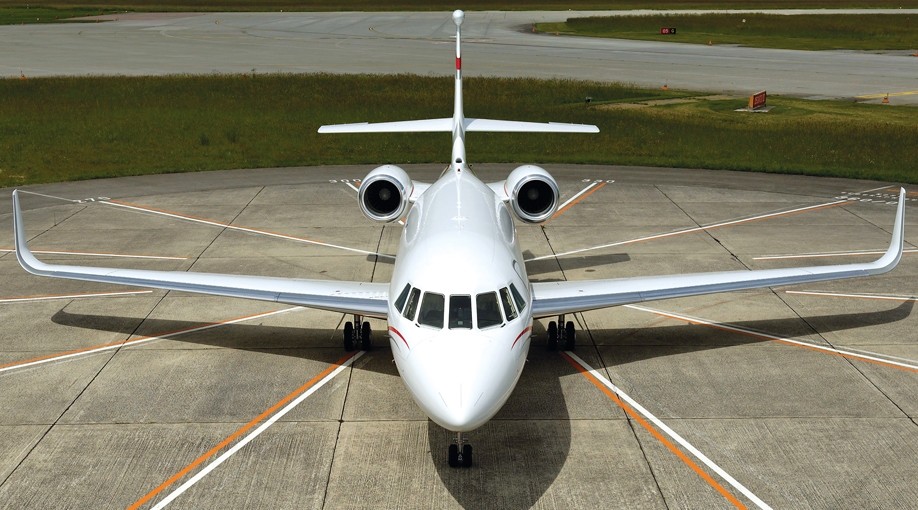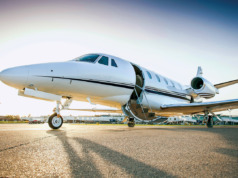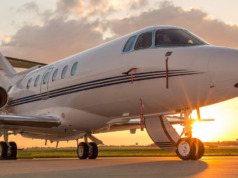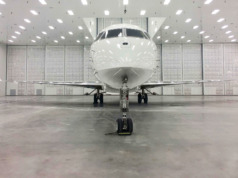
As aircraft transactions have unique and complex options and factors, experience in buying other expensive capital equipment does not guarantee a successful aircraft acquisition. Your first step is to find the best aircraft broker for your needs and situation.
A competent broker will guide you through the myriad of decisions, as well as help you answer many questions you might not think to ask. For example, the broker likely will begin by asking you to define your mission, then ask, “What make and model best fits your current and future transportation requirements?” Your acquisition budget will determine whether you buy a new aircraft, a fractional share, or a pre-owned aircraft.
An aircraft broker’s first responsibility is to thoroughly understand the client’s intentions; then to apply his/her skills, knowledge, experience, and network to generate the best possible client outcome. The best brokers represent the client’s interests throughout the process, and take fiduciary responsibility for the transaction.
While the broker’s responsibilities are substantial, many consumers are surprised to learn that aircraft brokers are not regulated. Therefore, knowing how to select the right broker is vital.
Due Diligence
Key factors you should consider:
- How long has this broker been in business?
- How many transactions per year has this broker completed?
- Were those transactions similar to the one I’m considering?
- Is his or her specialty relevant to my current situation? (Large cabin, small cabin, specific make and model, new aircraft orders, former fleet aircraft, domestic or international transactions, etc.)
- Is the broker experienced as a pilot or maintenance professional for this type of aircraft? Or, does he or she have access to appropriately skilled people?
- Does the broker have relevant legal and financial expertise?
- If not, does he or she have access to a team of trusted professionals?
As with all due diligence questions, it’s best to validate any information you receive with a third party. You can ask to see reports of recent transactions from JETNET or AMSTAT, established research companies that maintain a current database of all jet and turboprop transactions worldwide. Call several past clients listed in the reports and ask about their experiences.
Also ask the broker to provide several references, keeping in mind that a broker likely will direct you to the clients who were the most satisfied. Ask those referral clients:
- Did the broker focus on your travel needs and budget, or on his or her own listings?
- Did you feel “pushed” to select a particular aircraft before completing your own analysis?
- If the aircraft was pre-owned, did the broker monitor the pre-purchase inspection, to insure that the aircraft was “as advertised,” and then properly represent your interests if further negotiations were needed?
- Did the broker follow up with you post-closing, to make sure that the aircraft was performing properly?
Brokers are compensated by either a flat fee or a by percentage of the sales price. All other terms are defined in the acquisition agreement, under which you retain the broker exclusively to represent you to acquire an aircraft, usually for 120 to 180 days. Many brokers request a 10% retainer against the estimated purchase or sale price.
Since brokers are not regulated, the National Aircraft Resale Association (NARA), an organization of turbine aircraft brokers, dealers, and support service providers, has implemented its own broker certification program. NARA members follow a strict Code of Ethics, participate in continuing education, and adhere to a documentation standard regarding agreements, listings, and letters of intent.
While there also are excellent non-NARA brokers, applying to your selection the NARA requirements of continuing education in tax, regulatory, and legal matters specific to aircraft transactions, will help ensure that your broker is current on issues critical to a successful transaction.
It’s well worth investing the time to ask the right questions and to verify the answers. Selecting your broker wisely will go a long way toward the best possible outcome for your purchase. BAA
Brad Harris, Chairman of NARA, is founder and CEO of Dallas Jet International (www.DallasJet.com). He currently is type-rated in ten different aircraft, including Gulfstream, Hawker, Falcon, and Citation.




